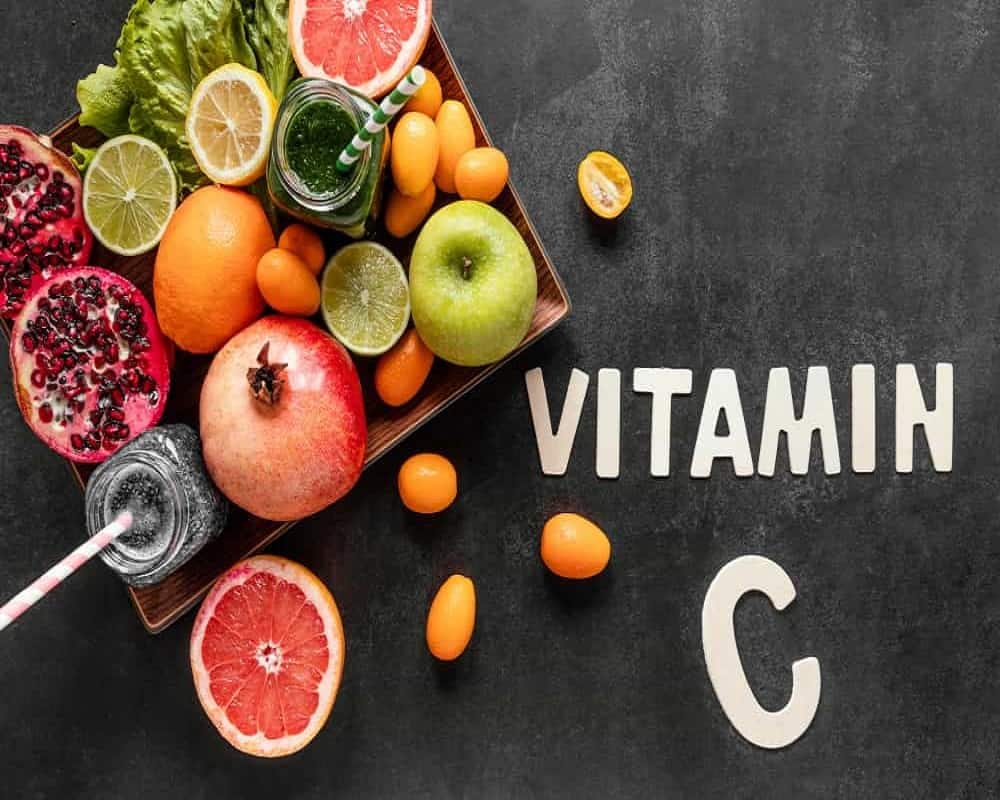Your body’s strongest line of protection against viruses, infections, and long-term ailments is a robust immune system. While a balanced diet, exercise, and proper sleep are essential, the right vitamins can significantly enhance your body’s ability to fight off diseases. Immune system booster vitamins supply your body with key nutrients it needs to function at its best, especially during seasonal changes or times of stress.
In this guide, we’ll explore the top 10 immune system booster vitamins, their benefits, food sources, and how they help keep you healthy year-round.
1. Vitamin C – The Immunity Superstar
Vitamin C is one of the most well-known immune-supporting nutrients. It helps stimulate the production of white blood cells, which are essential for fighting infections.
- Benefits: Supports white blood cell function, acts as an antioxidant, reduces inflammation.
- Sources: Citrus fruits (oranges, lemons), strawberries, bell peppers, kiwi, broccoli.
- Tip: Since vitamin C is water-soluble, it should be consumed daily for maximum benefits.
2. Vitamin D – The Sunshine Vitamin
Vitamin D plays a vital role in activating immune system defenses. A deficiency can increase susceptibility to infections.
- Benefits: Enhances pathogen-fighting immune cells, supports respiratory health.
- Sources: Sunlight exposure, fatty fish (salmon, mackerel), fortified dairy products, mushrooms.
- Tip: Many people have low vitamin D levels, so supplementation may be necessary during winter months.
3. Vitamin E – The Powerful Antioxidant
Vitamin E protects cells from oxidative stress and helps maintain strong immunity, especially in older adults.
- Benefits: Neutralizes harmful free radicals, supports immune cell membrane health.
- Sources: Nuts (almonds, hazelnuts), seeds, spinach, sunflower oil.
- Tip: A diet rich in healthy fats can improve vitamin E absorption.
4. Vitamin A – The Infection Fighter
Vitamin A is crucial for maintaining healthy skin and mucous membranes, your body’s first line of defense against pathogens.
- Benefits: Supports vision, skin health, and immune cell production.
- Sources: Carrots, sweet potatoes, pumpkin, spinach, eggs, liver.
- Tip: Both plant-based (beta-carotene) and animal-based sources are beneficial.
5. Vitamin B6 – The Energy & Defense Vitamin
Vitamin B6 is vital for creating antibodies and immune cells while also supporting metabolism.
- Benefits: Helps the body make hemoglobin, aids in protein metabolism, supports immune function.
- Sources: Chicken, turkey, bananas, potatoes, fortified cereals.
- Tip: Adequate intake helps ensure your immune system responds quickly to threats.
6. Vitamin B12 – The Red Blood Cell Supporter
Vitamin B12 works with B6 to keep the immune and nervous systems healthy.
- Benefits: increases energy, aids in DNA synthesis, and promotes the creation of red blood cells.
- Sources: Fish, meat, eggs, dairy, fortified plant-based milks.
- Tip: Vegetarians and vegans should consider B12 supplements to avoid deficiency.
7. Folate (Vitamin B9) – The Cell Builder
Folate is crucial for producing new cells, including immune cells, and for maintaining overall health.
- Benefits: Supports DNA repair, helps the body make white blood cells.
- Sources: Leafy greens, legumes, avocados, citrus fruits.
- Tip: Pregnant women especially need adequate folate for both their health and their baby’s development.
8. Vitamin K – The Healing Vitamin
While best known for blood clotting, vitamin K also plays a role in immune system regulation.
- Benefits: Helps the body heal from injuries, supports cardiovascular and bone health.
- Sources: Kale, spinach, broccoli, Brussels sprouts.
- Tip: Pair with healthy fats for better absorption.
9. Vitamin H (Biotin) – The Protective Nutrient
Biotin helps maintain skin health, which is essential for preventing pathogens from entering the body.
- Benefits: Supports metabolism, keeps skin and hair healthy, protects immune barriers.
- Sources: Eggs, nuts, seeds, salmon, sweet potatoes.
- Tip: Deficiency is rare but can weaken your body’s defense systems.
10. Vitamin F (Omega Fatty Acids) – The Anti-Inflammatory Aid
Though technically not a vitamin in the traditional sense, essential fatty acids are vital for immune health.
- Benefits: Reduce inflammation, improve immune cell communication.
- Sources: Flaxseeds, walnuts, salmon, chia seeds.
- Tip: Omega-3 supplements can be helpful if your diet lacks fatty fish.
How to Get the Most from Immune System Booster Vitamins
- Consume a well-balanced diet full of vibrant fruits and vegetables.
- Include a variety of vitamin sources daily.
- Consider supplements if you have dietary restrictions or deficiencies.
- Stay hydrated and maintain a healthy lifestyle alongside proper nutrition.
FAQs – Immune System Booster Vitamins
Q1. Can I take multiple immune system booster vitamins together?
Yes, many vitamins work best together, but it’s important not to exceed the recommended daily intake to avoid side effects.
Q2. Do supplements work as well as vitamins from food?
Whole foods are the best source of nutrients, but supplements can help fill gaps in your diet.
Q3. How long does it take to see results from immune system booster vitamins?
It can take a few weeks of consistent intake before you notice improvements in energy and immunity.
Q4. Are immune system booster vitamins safe for children?
Yes, but dosage should be age-appropriate. Consult a pediatrician before starting supplements.
Q5. Which vitamin is most important for immunity?
Vitamin C is often considered the top immunity booster, but a combination of vitamins is ideal for full immune support.
Final Thoughts:
Incorporating these immune system booster vitamins into your daily routine can help your body stay strong and resilient. Whether from food or supplements, these nutrients are essential for a healthier, more energized life.
